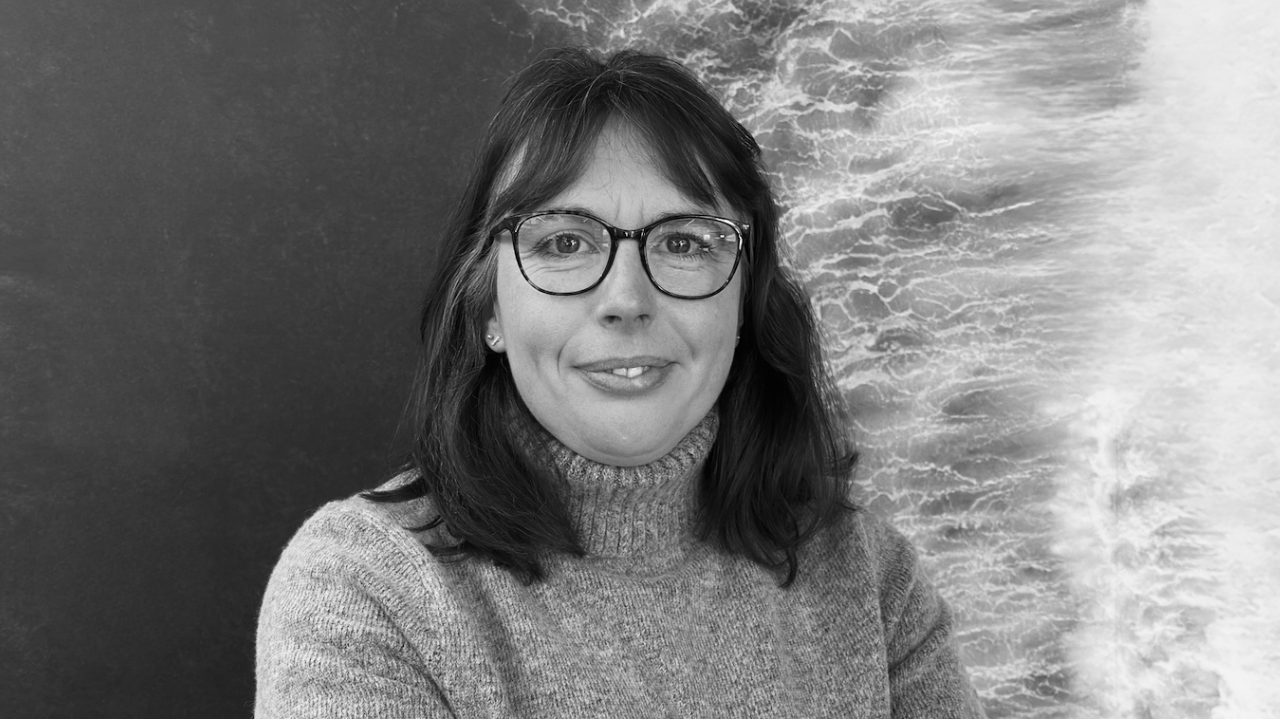Connect with us
* Required fields
* Required fields

What inspired your decision to join Sulmara, and how has that inspiration evolved during your time with the company?
The main reason I joined Sulmara is the technical expertise of the people, both offshore and onshore. I've learned multiple ways to set up a system while working here. Sulmara's adoption of Navipac 4 also further motivated me. I wanted to put myself in a position to learn this software, especially with many other companies still using v3.8.5.
I love the technological landscape of the offshore industry; its roots lie in a time when vessels operated with minimal communication with the shore, necessitating innovation. Sulmara embodies this innovative spirit not only offshore but also across its operations.
The continual drive to embrace new technologies makes Sulmara stand out. I've been fortunate to witness this firsthand by participating in courses utilising cutting-edge tools like the Drix and the WAM-V Taiwan.
What motivated you to pursue a career as a Tendering Engineer, and how does this role align with your aspirations within the offshore sector?
Transitioning into tendering engineering wasn't a deliberate career choice for me. In 2006, after returning home from travelling, I landed a job in Beverley with a company specialising in MBES systems.
Unexpectedly, I found myself offshore operating the CODA DA200 for a wind farm project off the East Coast, near Withernsea. I was selected because I had seen some SSS data in my Oceanography degree. I quickly learned from a seasoned skipper called Spud. He offered advice that has stuck with me ever since: "Every expert was once a squire.". It was a reminder that everyone starts somewhere, and learning is essential to the journey.
After 18 years offshore, I wanted to learn something new, and tendering engineering presented an opportunity to learn the commercial aspect of surveying.
Reflecting on the #InspireInclusion initiative, how do you promote inclusion in your daily work life?
Promoting inclusion within a team onboard a vessel is much easier than working remotely, so it has challenges. With Sulmara's operations spanning various countries and employing people from all walks of life, naturally facilitating inclusion is crucial.
When working offshore as a party chief, we had to do appraisals after every trip. I found them slightly frustrating as I would get home and not know what to say sometimes. Recognising the value of their input, I began involving crew members in their own appraisals.
Encouraging open discussions during trips allowed them to voice their opinions on various aspects, from trip experiences to desired training opportunities. While some initially questioned its necessity, I knew it was the right thing to do when a surveyor thanked me for giving them a chance to be heard.
What unique contributions do you believe women bring to the offshore sector?
Being the only woman among 350 men on a barge undoubtedly draws attention. In such environments, our gender differences become hard to avoid. While I may not always match the physical strength of many onboard, I've found my niche in areas requiring agility, like navigating tight spaces or managing cables through tricky areas.
Irrespective of gender, enthusiasm towards teamwork and a willingness to learn will always set you apart in any industry. In my offshore career, I've wanted to be recognised for my skills, strength of character, and ability to be a team leader. My goal has always been to secure roles because I was the best candidate.
How would you describe your journey with Sulmara, and are we taking the appropriate steps to promote women in the workplace?
I have been very fortunate to have had the opportunities that have come my way at Sulmara, allowing me to work in regions like Bahrain, Taiwan, and Singapore.
Sulmara has always focused on selecting the best candidates regardless of gender. We have so many women in key positions: Gail Morrison, Head of QHSE; Lynn Brown, Head of People; Lisa Gaul, Finance Manager; Siti Fathiah Lim, Business Development Manager; and my boss, Alison Lucas Collier, Commercial Director.
Although women are underrepresented in roles like Party Chief due to family commitments and time requirements, the shift towards remote operations offers hope for greater gender diversity in leadership roles.
On International Women's Day, what advice would you give to women considering starting a career offshore?
Women have long been integral to the offshore sector. Since 2006, I've encountered many skilled women offshore, although encounters with female Captains have been rare. This scarcity may stem from concerns about leaving children for extended periods. However, there's potential for women to excel as remote captains. I would love to see more women in USV pilot roles.
Be realistic, especially regarding long-term career goals and family planning. Many offshore women balance work with childcare, often relying on robust support networks. Offshore work differs significantly from office work, requiring different adjustments and compromises. While women are often told they can "have it all," achieving this ideal can be daunting, given societal pressures.
The industry's focus on driving tasks to be performed remotely will open up opportunities for women to take on higher-level roles.